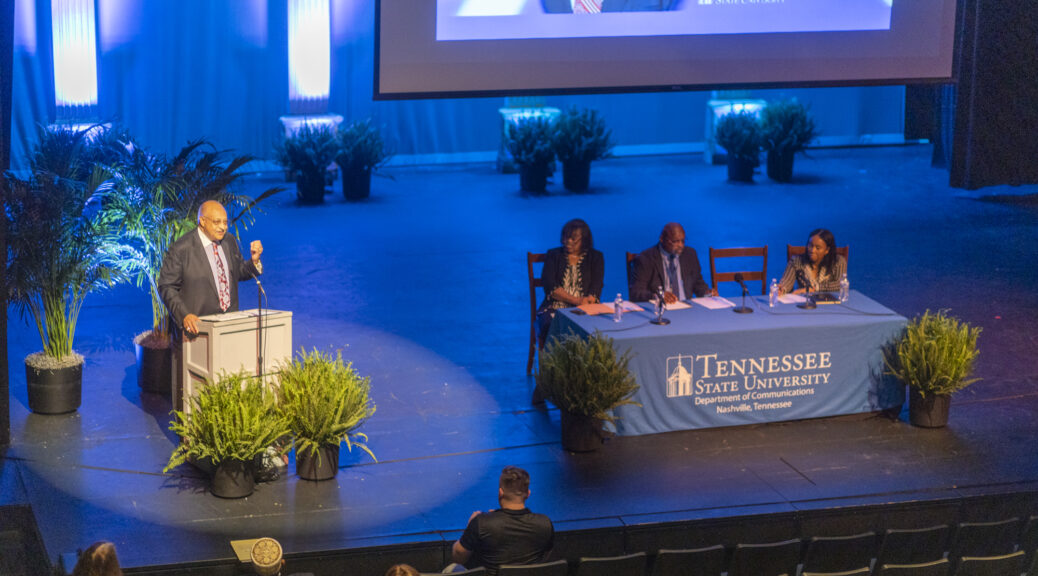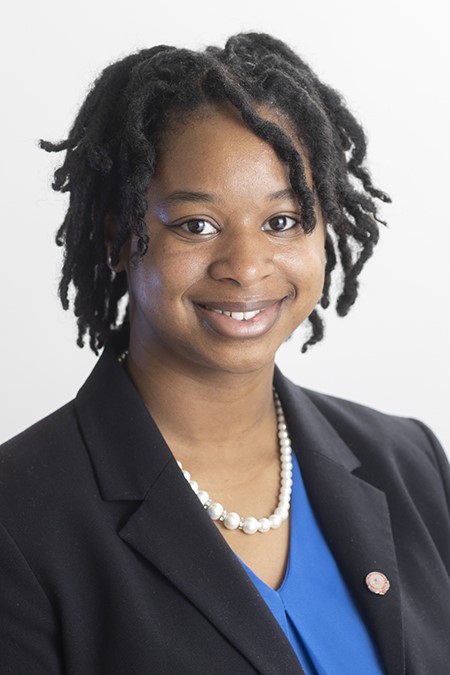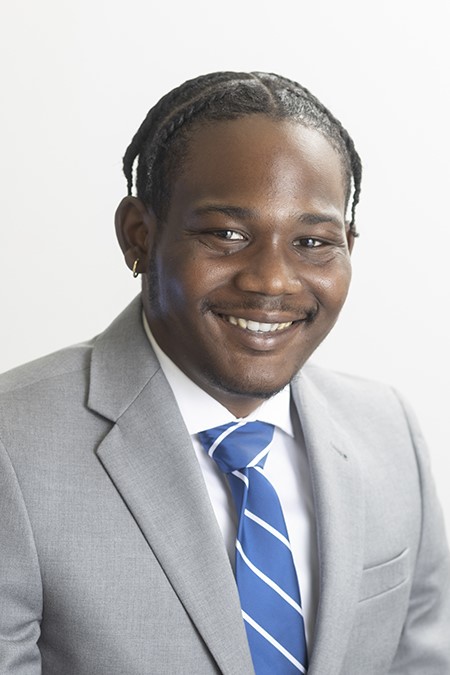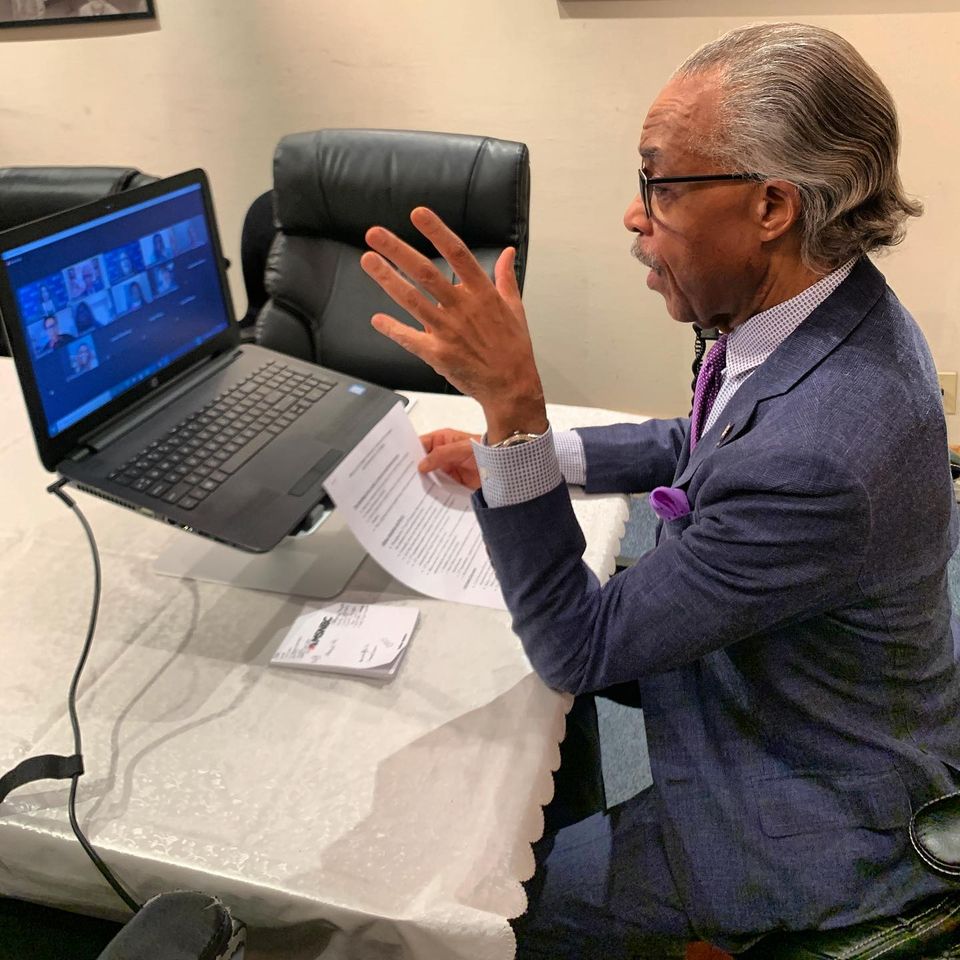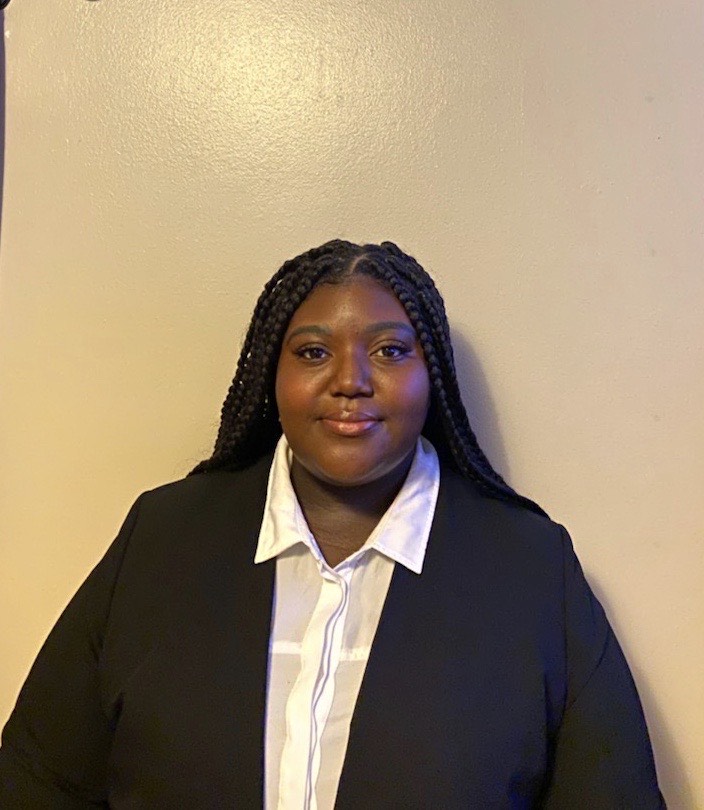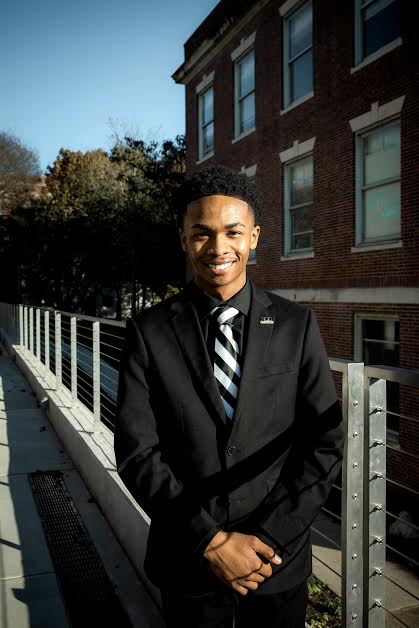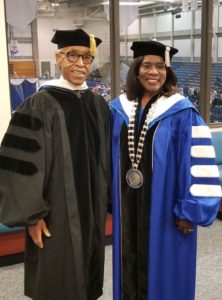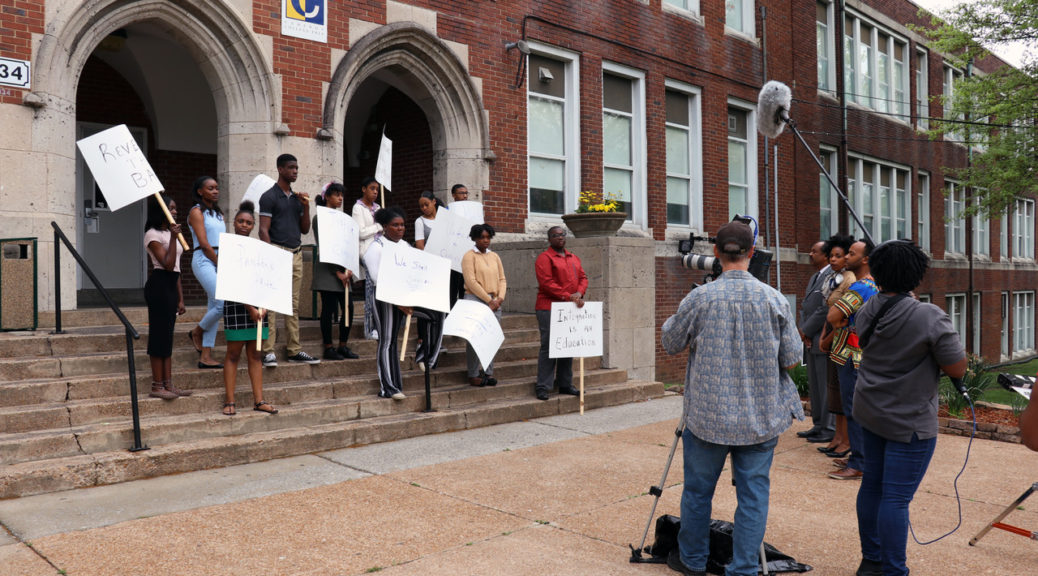NASHVILLE, Tenn. (TSU News Service) – Discussing his experience during the merger of Tennessee State University and the University of Tennessee, a former TSU administrator said April 5 that the historically black university’s continued existence will greatly depend on the strength of its students and alumni. Dr George A. Pruitt, former vice president of Student Affairs, has written a book, “From Protest to President: A Social Justice Journey through the Emergence of Adult Education and the Birth of Distance Learning,” that discusses the merger and his career, including his time at TSU. He was the guest speaker at a forum on campus, themed, “Prevailing Against All Odds: Sustaining and Preserving TSU’s Rich History.”
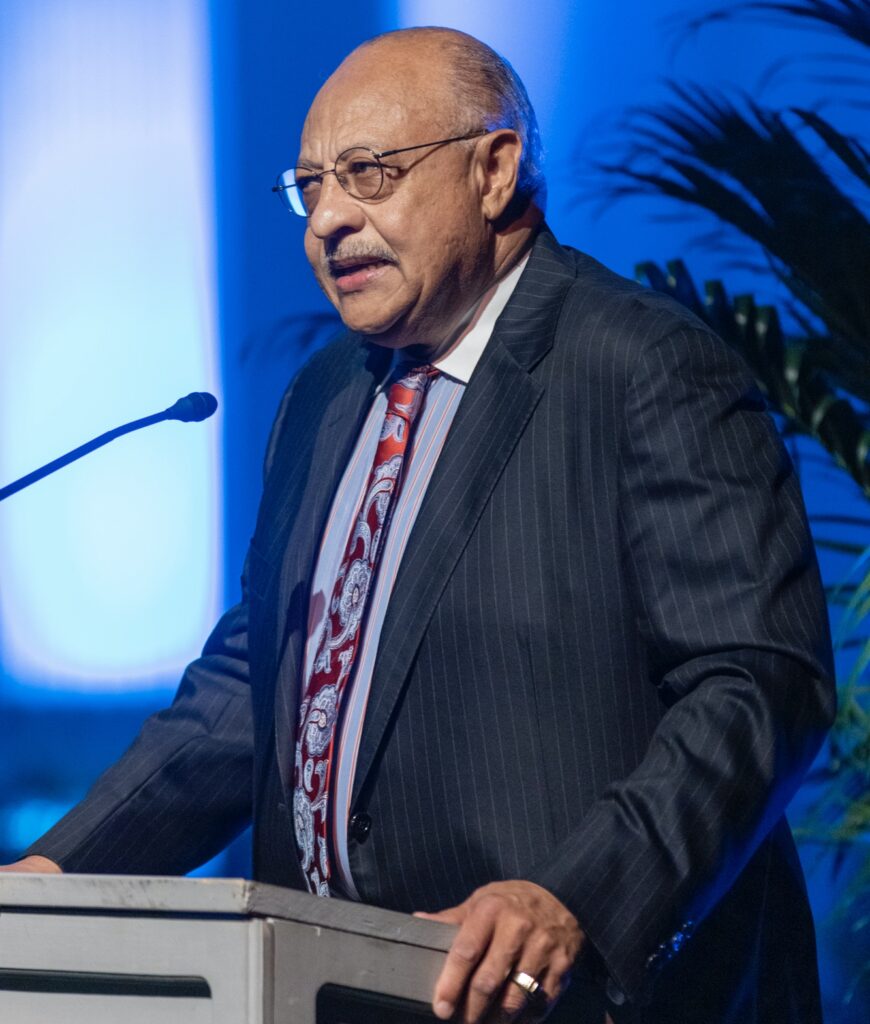
Pruitt, who went on to have a distinguished career in higher education, is president emeritus of Thomas Edison State University. He served as the institution’s president for over 35 years.
“I have a request of you,” Pruitt said to students in the Cox/Lewis Theater in the TSU Performing Arts Center. “I have been carrying this institution’s torch for a long time. Fred Humphries (former president) carried the torch. Others carried it and they are old and many have retired, and I want this university to still be here. And that’s only going to happen if you all build up that courage to continue the fight. I mean the students, and I absolutely need the alumni.”
Pruitt said, “The state of Tennessee has never, ever cared about Tennessee State University. It only did what it had to because of politics and the law, and you have a lot to say about what the politics and the law is now and will be.”
Chrishonda O’Quinn, and junior marketing major, and sophomore Teleah Allen, a mass communications major, were among students who listened to Pruitt’s presentation. They accepted his challenge and called on fellow students to unite in moving their institution forward.
“I believe he (Pruitt) is completely correct. As students we need to step up. Being a current student here, I have noted that we are not on one accord like students and faculty were back then,” said O’Quinn, of Chicago. “We need to engage, but before reaching that point, we must fix the culture. When something goes wrong, the first place some of us go is to the media. We need to engage our leaders instead.”
Allen added that Pruitt was very inspiring. “Being here since I was a freshman, I have seen a lot of change, but we need to do more to help our institution grow. Many institutions don’t want to see us succeed. Like he said, it is left with us to make that change,” said Allen, of Little Rock, Arkansas.
Following Pruitt’s keynote address, organizers hosted a panel discussion, including former and current TSU professors and staff who were at the institution during the merger. They included Sterling Adams, retired special assistant to Dr. Humphries and professor of mathematics; Barbara Murrell, former vice president and current chair of the Dr. Levi Watkins, Jr. Institute; Dr. Al-Haji Amiri Yasin Al-Hadid, retired chair of the African Studies Department at TSU; and Dr. Pruitt.
Dr. Takema Winston, chair of the TSU Department of Communications, and organizing chair of the forum, said bringing Dr. Pruitt as a keynote speaker was part of her goal as chair to help preserve TSU’s rich history by sharing the various experiences of longtime faculty and administrators, to sustain the university’s legacy.
“After recent conversations with Dr. George A. Pruitt regarding his book that talks about his time in leadership at TSU, I believed that this was a great story to share with our students,” Winston said.
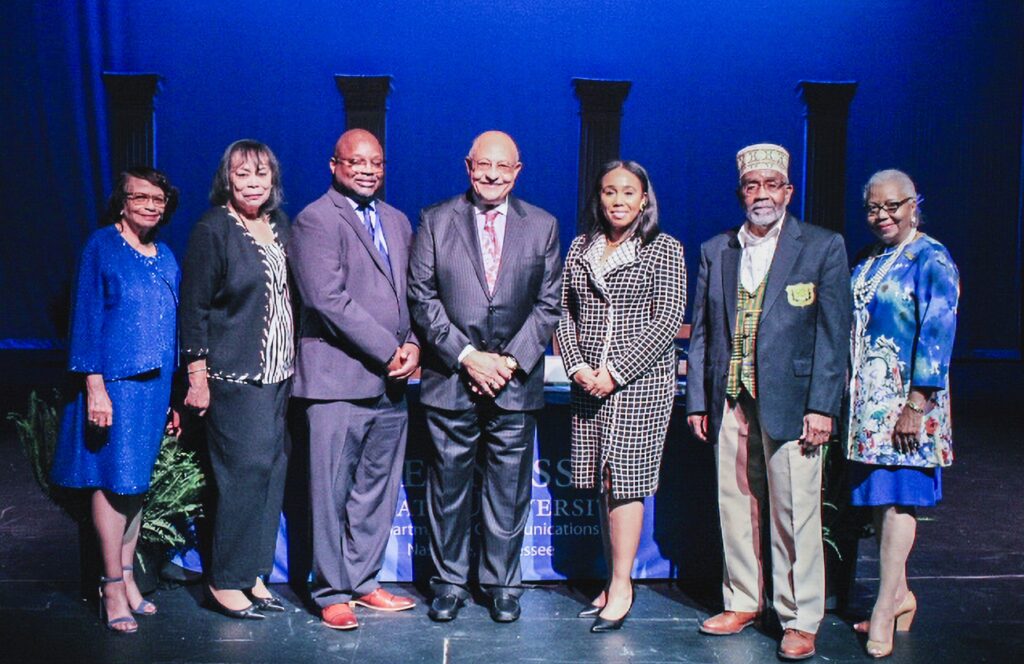
Professor of African American and Public History, Dr. Learotha Williams, who moderated the panel discussion, said Pruitt’s presentation provided a “first-hand” account of one of the most important moments in TSU’s history, “where we were fighting for identity, and to retain our status” as a historically black college.
Also speaking were Sandra Hunt, representing the TSU National Alumni Association; Dr. Samantha Morgan-Curtis, dean of the College of Liberal Arts; and Dr. Jacqueline Mitchell, professor and director of interdisciplinary studies.
